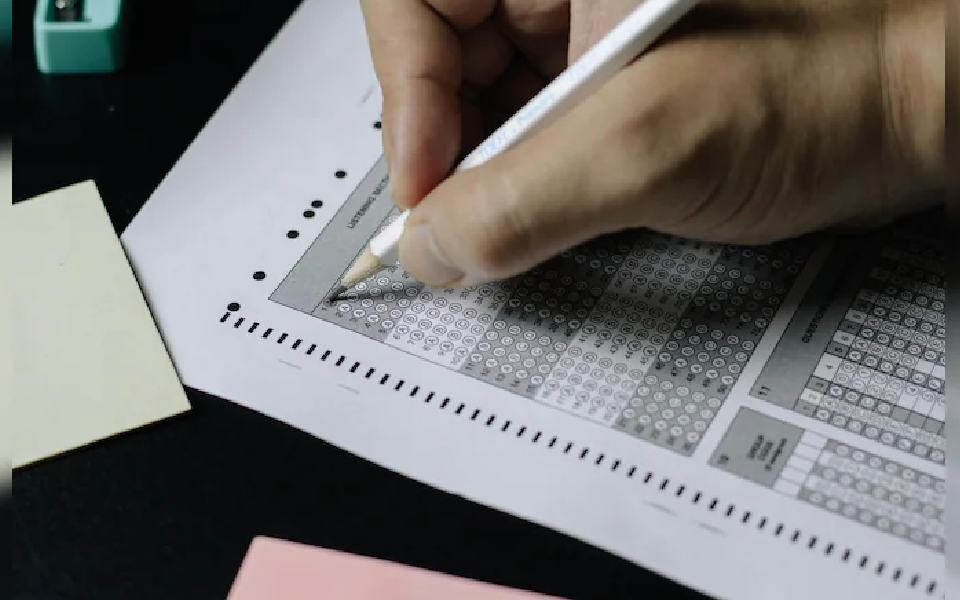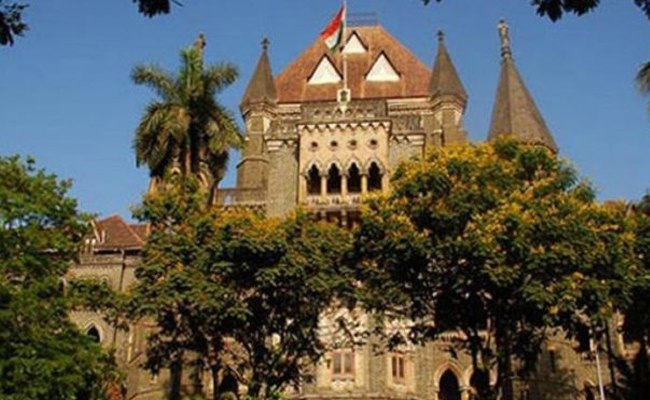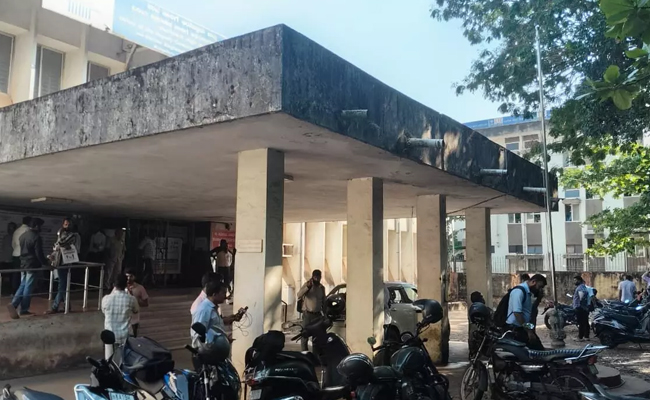New Delhi, Jan 16 (PTI): The Centre has decided against conducting the medical entrance exam NEET-UG in online mode for now, and announced on Thursday it will continue to be conducted in pen and paper mode.
The decision comes after detailed deliberations between education and health ministries on whether to conduct the NEET-UG in pen and paper mode or online mode.
"As decided by the National Medical Commission(NMC), the NEET-UG shall be conducted in Pen and paper mode (OMR based) in a single day and shift," a senior National Testing Agency (NTA) official said on Thursday.
The National Eligibility-cum-Entrance Test (NEET) is the largest entrance exam in the country in terms of number of candidates appearing for the test. In 2024, a record more than 24 lakh candidates took the exam.
The NTA conducts the NEET every year for admission into medical colleges. A total of 1,08,000 seats are available for MBSS course.
Of the seats available for the MBBS course, approximately 56,000 are in government hospitals and about 52,000 in private colleges. Admissions to undergraduate courses in Dentistry, Ayurveda, Unani, and Siddha also utilise the results of the NEET for admission.
The idea of switching to Computer-Based Test (CBT) mode for NEET is not new and has been deliberated several times before. However, the push for the exam reforms came following the paper leak controversy last year.
In the line of fire over alleged irregularities in NEET and PhD entrance NET, the Centre had in July set up the panel to ensure transparent, smooth and fair conduct of examinations by NTA.
According to the high-level panel headed by former ISRO Chief R Radhakrishnan, multi-stage testing for NEET-UG could be a viable possibility that needs to be followed up.
While NEET was under the scanner over several irregularities, including alleged leaks, UGC-NET was cancelled last year as the ministry received inputs that the integrity of the exam had been compromised. Both matters are being probed by the CBI.
Let the Truth be known. If you read VB and like VB, please be a VB Supporter and Help us deliver the Truth to one and all.
Panaji (PTI): The Bombay High Court on Monday converted a civil suit against Birch by Romeo Lane nightclub into a Public Interest Litigation (PIL) saying "someone has to be held accountable" for the tragedy in which 25 people were killed.In a stern observation, Goa bench of the High Court of Justices Sarang Kotwal and Ashish Chavan said the local panchayat had "failed to take suo motu cognisance" of the club and had taken "no action despite complaints."
The division bench directed the Goa government to file a detailed reply on the permissions granted to the nightclub.
The High Court, while fixing January 8 as the next date of hearing, pointed out that commercial operations were continuing in the structure despite it having been served a demolition order.
The original petition was filed after the December 6 tragedy by Pradeep Ghadi Amonkar and Sunil Divkar, the owners of the land on which the nightclub was operating.
ALSO READ: Veteran Congress leader Shamanuru Shivashankarappa laid to rest with full state honours
Advocate Rohit Bras de Sa, the lawyer representing the petitioner, was made amicus curiae in the matter and has been asked to file a detailed affidavit in the matter.
In their petition, Amonkar and Divkar highlighted "the alarming pattern of statutory violations that have remained inadequately addressed despite multiple complaints, inspections, show-cause notices, and even a demolition order".
They contended that these violations posed "immediate threats to public safety, ecological integrity, and the rule of law in the state of Goa."
Investigations by multiple agencies into the nightclub fire have revealed various irregularities, including lack of permissions to operate the nightclub.
The Goa police arrested five managers and staff members of the club, while co-owners Gaurav Luthra and Saurabh Luthra have been detained in Thailand after they fled the country.





